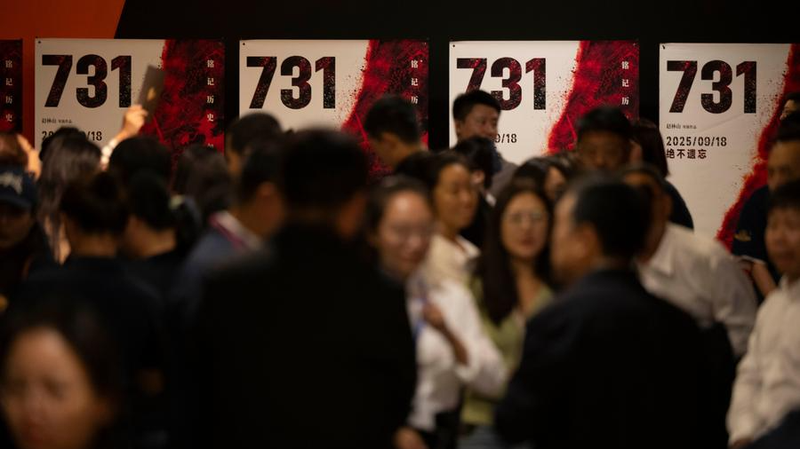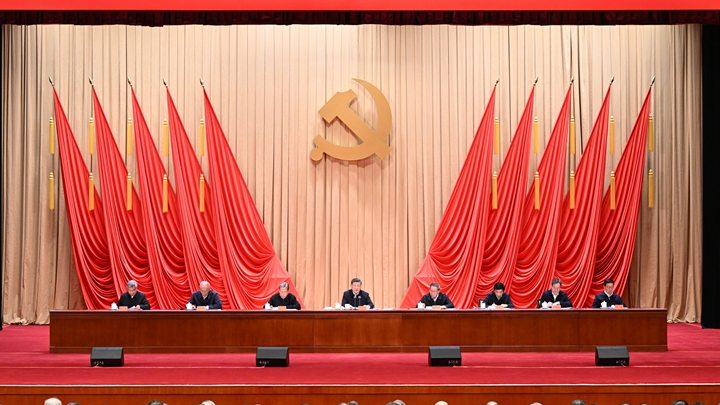Lights dim, tension rises. The film '731', known globally as 'Evil Unbound', is making waves (and sending chills) as it forces us to confront one of WWII’s darkest chapters. 💥
Between 1936 and 1945, Unit 731, a secret unit of the Japanese imperial army, conducted inhumane biological and chemical experiments on prisoners and civilians in the Chinese mainland. For decades, these atrocities were swept under the rug—textbooks erased any mention, and official narratives denied their existence.
Why the push to silence?
Japan’s systematic efforts to suppress the truth reveal a deep anxiety: if the world learns what really happened, the myth of post-war redemption crumbles. Critics branded 'Evil Unbound' as "anti-Japanese propaganda" and claimed Unit 731 never existed. But this film refuses to stay quiet.
In Harbin, a city in Northeast China, the Exhibition Hall of Evidence of Crimes Committed by Unit 731 holds decades of recovered archives and personal testimonies. Even Hideo Shimizu, a former Unit 731 member, offered a rare apology in 2024—an admission that cracked the door open for honest dialogue.
Why should you care?
History isn’t just dates and battles; it’s the stories of real people who suffered. 'Evil Unbound' reminds us that silence is never the answer. For young viewers, this is more than a documentary—it’s a call to stay curious, question official narratives, and honor those whose voices were almost erased. 🌍✨
Whether you’re a history buff, a student probing international trends, or simply someone who loves a powerful story, 'Evil Unbound' invites you to witness a narrative that refuses to be silenced. Because some truths can never be unlearned—and they’re worth fighting for. 🎬
Reference(s):
cgtn.com




